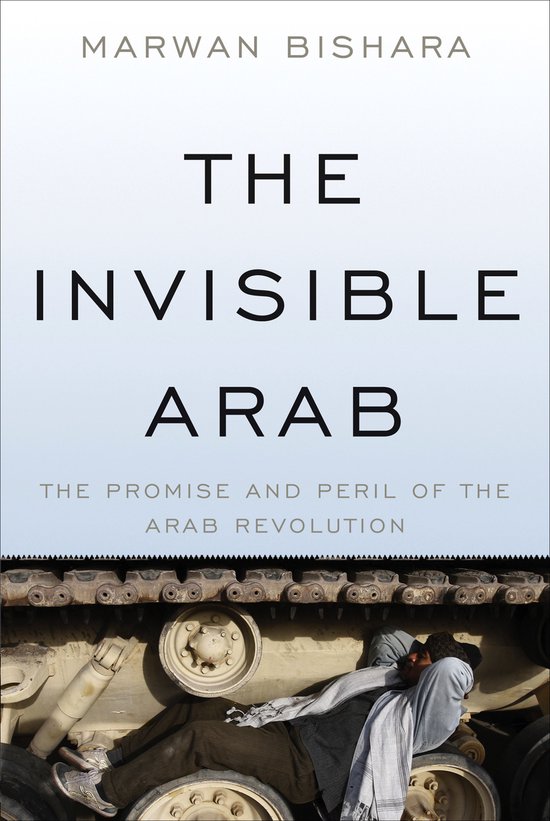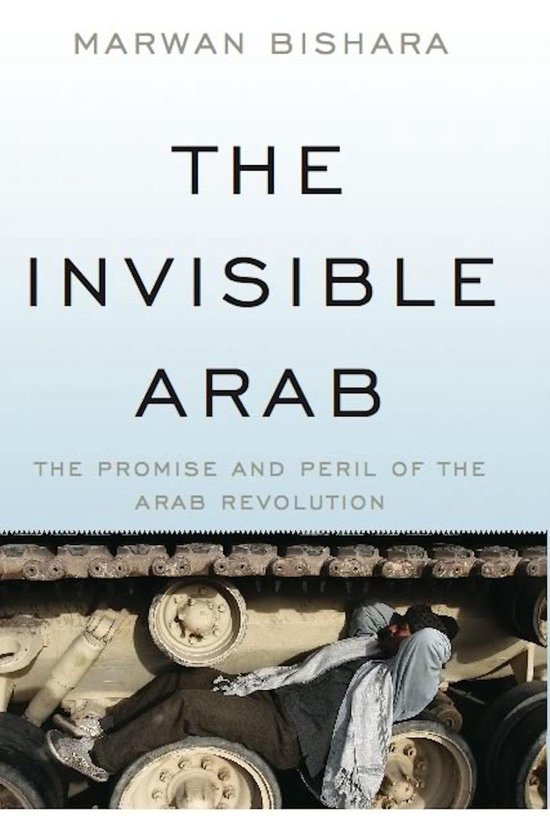
The Invisible Arab
"Marwan Bishara's The Invisible Arab is the single most perceptive and accessible book I've read about the roots of revolt in the Middle East and the brave, chaotic, exciting and frightening new world they have begun to create." -Christopher Dickey, Newsweek/The Daily Beast
The Invisible Arab traces the roots of the revolutions in the Arab world. Marwan Bishara, chief policy analyst of Al Jazeera English and the anchor of the program "Empire", combines on-the-ground reporting, extensive research and scholarship, and political commentary in this book on the complex influences that made the revolutions possible. Bishara argues that the inclusive, pluralistic nationalism that motivated the revolutions are indispensable to their long-term success. The Invisible Arab is a voyage in time from the Arab world's'liberation generation' through the'defeated' and'lost generations', arriving at today's'miracle generation'. Bishara unpacks how this new generation, long seen as a demographic bomb, has proved to be the agent of progress, unity and freedom. It has in turn used social networks to mobilize for social justice. Bishara discusses how Israel, oil, terrorism and radical Islam have affected the interior identity of the region as well as Western projections upon it. Protection of Israel, Western imperial ambition, a thirst for oil, and fear of radicalism have caused many Western regimes and media to characterize Arab countries and people as unreceptive to democracy or progress. These ideas are as one-dimensional as they are foolhardy. Bishara argues that the Arab revolutions present a great window of opportunity for reinventing and improving Arab ties with the rest of the world- notably the West-on the basis of mutual respect and mutual interest. The revolutions will be judged by how they realize freedom and justice, and how they can pave the way for reconciling and accommodating nationalism and Islam with democracy. Bishara argues that these pillars-liberty and justice reconciled with religion and nationalism, form the bedrock that will allow stability and progress to flourish in the Arab world and beyond.
The Invisible Arab traces the roots of the revolutions in the Arab world. Marwan Bishara, chief policy analyst of Al Jazeera English and the anchor of the program "Empire", combines on-the-ground reporting, extensive research and scholarship, and political commentary in this book on the complex influences that made the revolutions possible. Bishara argues that the inclusive, pluralistic nationalism that motivated the revolutions are indispensable to their long-term success. The Invisible Arab is a voyage in time from the Arab world's'liberation generation' through the'defeated' and'lost generations', arriving at today's'miracle generation'. Bishara unpacks how this new generation, long seen as a demographic bomb, has proved to be the agent of progress, unity and freedom. It has in turn used social networks to mobilize for social justice. Bishara discusses how Israel, oil, terrorism and radical Islam have affected the interior identity of the region as well as Western projections upon it. Protection of Israel, Western imperial ambition, a thirst for oil, and fear of radicalism have caused many Western regimes and media to characterize Arab countries and people as unreceptive to democracy or progress. These ideas are as one-dimensional as they are foolhardy. Bishara argues that the Arab revolutions present a great window of opportunity for reinventing and improving Arab ties with the rest of the world- notably the West-on the basis of mutual respect and mutual interest. The revolutions will be judged by how they realize freedom and justice, and how they can pave the way for reconciling and accommodating nationalism and Islam with democracy. Bishara argues that these pillars-liberty and justice reconciled with religion and nationalism, form the bedrock that will allow stability and progress to flourish in the Arab world and beyond.
| Auteur | | Marwan Bishara |
| Taal | | Engels |
| Type | | Paperback |
| Categorie | | Mens & Maatschappij |





